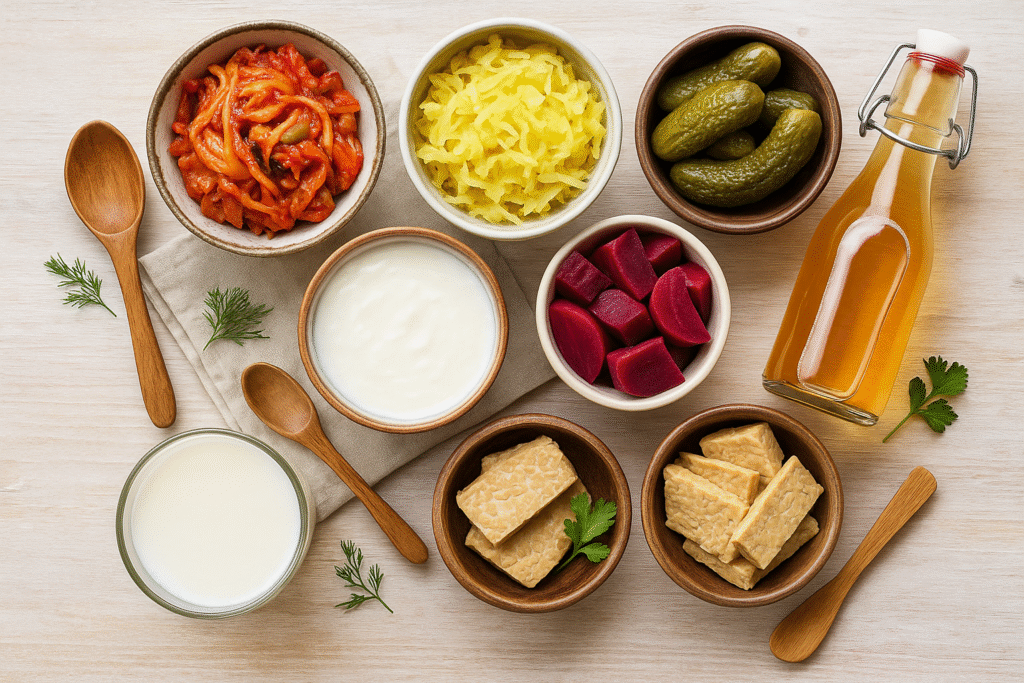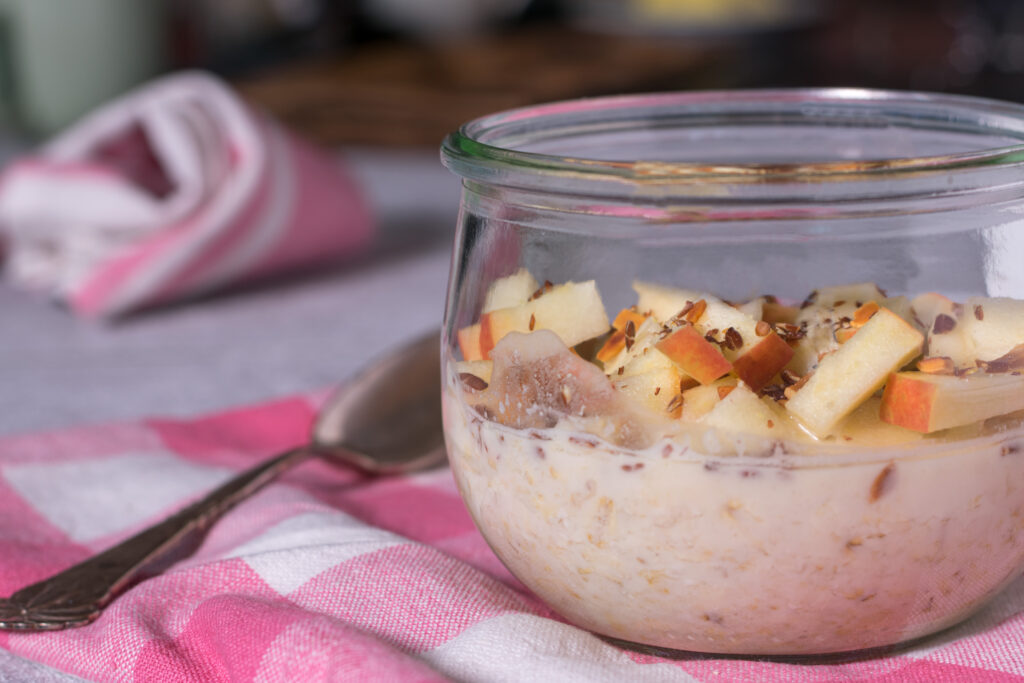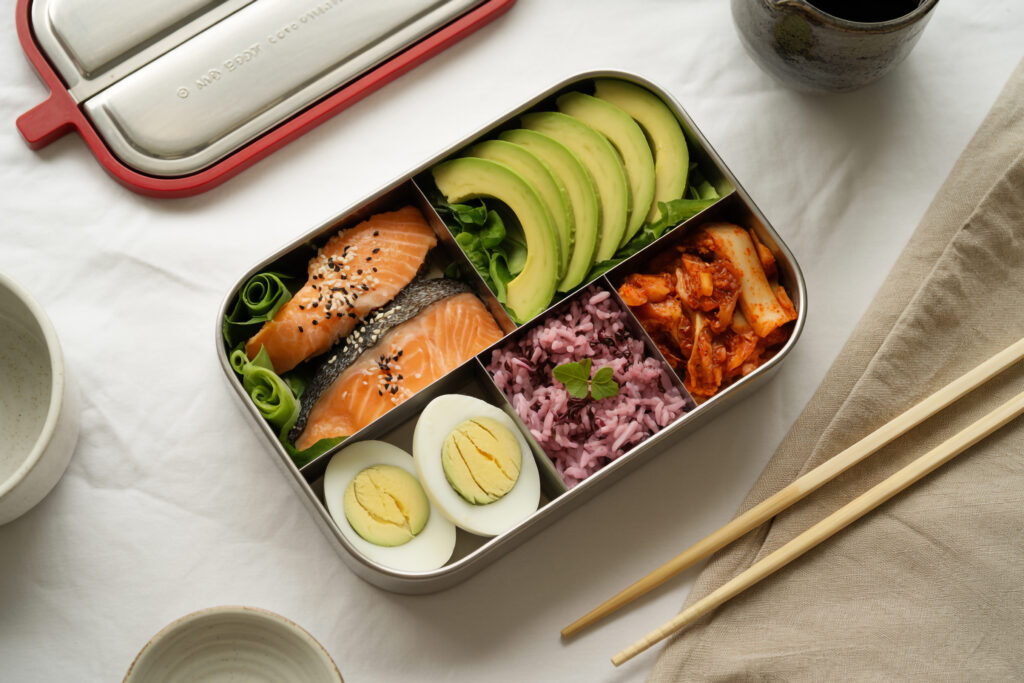Digestive Health
Fermented Foods for a Happier Gut: Proven Ways to Boost Digestive Health Naturally
Fermented foods have been treasured across cultures for centuries, and modern science now confirms what tradition has long suggested—they can be powerful allies for gut health. Fermented foods not only deliver beneficial bacteria (probiotics) but also provide enzymes, vitamins, and bioactive compounds that help nourish your digestive system. When eaten regularly, these living foods and beverages can support a balanced microbiome, which plays a critical role in digestion, immunity, and even mood regulation.

Why Fermented Foods Deserve a Spot on Your Plate
Fermentation is a natural process in which microorganisms like bacteria, yeast, or fungi break down sugars and starches into simpler compounds. This transformation enhances nutrient absorption, reduces anti-nutrients, and produces probiotics that help maintain healthy gut flora. Regularly consuming fermented foods—like sauerkraut, kefir, kimchi, miso, kombucha, and tempeh—may promote smoother digestion, reduce occasional bloating, and strengthen your gut’s defense against harmful microbes.
Fermented Foods and the Gut–Brain Connection
Your gut microbiome isn’t just about digestion—it communicates with your brain through what scientists call the gut–brain axis. Studies show that fermented foods may influence mood, stress response, and mental clarity by producing neurotransmitter-supporting compounds. In other words, eating yogurt or sipping kombucha could be giving your brain a boost while aiding digestion.
Kefiran: A Concentrated Form of Digestive Support
Among the many beneficial compounds found in fermented foods, kefiran stands out. This unique polysaccharide, naturally produced by kefir grains, helps support a balanced gut environment by encouraging the growth of beneficial bacteria and promoting smoother digestion. In dietary supplement form, kefiran offers a convenient way to enjoy some of the traditional digestive benefits of kefir without dairy, added sugars, or the need for home fermentation. For those seeking a gentle, plant-based digestive support option, a kefiran-based supplement can be an easy addition to daily wellness routines.*
Meal & Beverage Options Featuring Fermented Foods
Instead of a day-by-day plan, here’s a flexible list of options you can mix and match for breakfast, lunch, and dinner throughout the week.
Breakfast Options
- Greek yogurt parfait with berries, chia seeds, and a drizzle of honey
- Overnight oats made with kefir, banana, and walnuts
- Scrambled eggs with sautéed spinach and a spoonful of fermented salsa
- Miso soup with a soft-boiled egg and leafy greens
- Whole-grain toast topped with avocado and pickled radishes
Breakfast Beverage Pairings:
- Plain kefir or kefir smoothie with fresh fruit
- Green tea or matcha
- Lightly sweetened kombucha

Lunch Options
- Turkey sandwich on whole-grain bread with sauerkraut and mustard
- Quinoa salad with chickpeas, cucumbers, feta, and pickled beets
- Tuna salad with pickled onions on whole-grain crackers
- Brown rice bowl with tempeh, steamed broccoli, and kimchi
- Chickpea salad wrap with fermented pickle slices
Lunch Beverage Pairings:
- Small serving of kombucha
- Unsweetened iced green tea
- Sparkling water with a splash of kefir water

Dinner Options
- Grilled salmon with steamed vegetables and a side of kimchi
- Stir-fried tofu with mixed vegetables and fermented cabbage slaw
- Baked chicken breast with roasted sweet potatoes and sauerkraut
- Grilled shrimp tacos topped with fermented cabbage slaw
- Grass-fed beef stir-fry with assorted vegetables and kimchi
- Baked cod with asparagus and sauerkraut
- Grilled veggie platter with fermented salsa
Dinner Beverage Pairings:
- Kombucha (dry or lightly sweetened varieties)
- Herbal tea (ginger or chamomile)
- Still water infused with cucumber and mint

Incorporating Fermented Foods into Everyday Life
Consistency is key—benefits build over time as your gut microbiome adapts. Start small, adding one serving a day, and gradually work up. Variety matters too; different fermented foods contain different strains of beneficial bacteria, so rotate your options. Pair them with fiber-rich fruits, vegetables, and whole grains to give probiotics the “prebiotic” fuel they need.
It is possible to have too many fermented foods in a short period, especially if you’re new to them. Overdoing it can lead to temporary bloating, gas, or digestive discomfort as your microbiome adjusts. For most healthy individuals, 1–3 servings a day is plenty to gain the benefits without overwhelming your system.
For those making them at home, follow safe fermentation practices to ensure quality and safety.
The Takeaway
Fermented foods are more than a culinary tradition—they’re a gateway to better digestion, a stronger immune system, and even improved mood. By blending them into your summer meals alongside smart barbecue choices, refreshing probiotic beverages, and lighter desserts, you can nurture your gut while enjoying seasonal flavors.
Your gut will thank you—not just today, but for years to come.
Like? Share with Your Friends!

